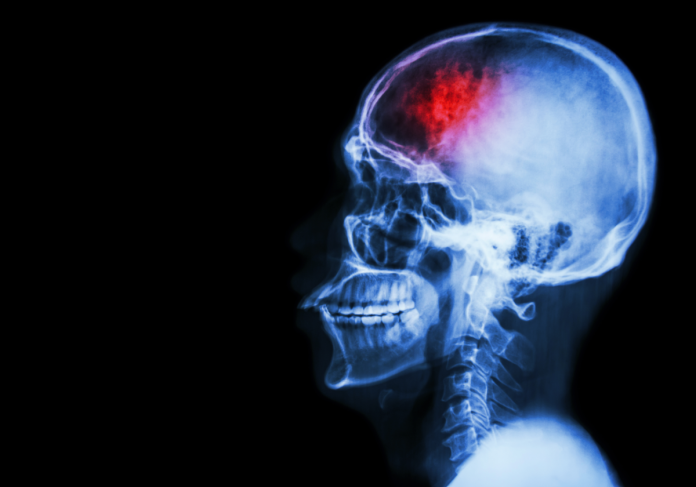Current scientific literature reveals new neurological symptoms for COVID-19 patients that pose as a global threat to the entire nervous system. According to a study published, about half of the patients hospitalized with COVID-19 also present with neurological symptoms, including, muscle pain, weakness, strokes, seizures, disorders of smell or taste, difficulty concentrating, decreased alertness, dizziness and headache.
The lead author of the review, Dr. Igor Koralnik, Northwestern Medicine chief of neuro-infectious diseases and global neurology and a professor of neurology at Northwestern University Feinberg School of Medicine stated:
“It’s important for the general public and physicians to be aware of this, because a SARS-COV-2 infection may present with neurologic symptoms initially, before any fever, cough or respiratory problems occur.”
Different neurological conditions that may occur in COVID-19 are described in the review, as well as their pathological mechanisms.
“This understanding is key to direct appropriate clinical management and treatment,” Koralnik said.
The infection may have an impact on the entire nervous system, including the muscles, nerves, brain and spinal cord. There are several different ways COVID-19 can cause neurological dysfunction. The disease can affect multiple organs, lung, kidney and heart. In addition, the brain may also suffer from clotting disorders or a lack of oxygenation that may lead to hemorrhagic or ischemic strokes.
Similarly, the virus may also cause an infection in the brain and meninges. The reaction of the immune system to the infection results in inflammation which can damage the brain and the nervous system.
A neuro-COVID research team has been formed by Koralnik and colleagues to start a retrospective analysis of hospitalized COVID-19 patients at Northwestern medicine for determining the type and frequency of neurological complications and their response to treatment.
However, knowledge about the long term consequences of the neurological manifestation of COVID-19 is limited. Therefore, Koralnik will follow some of the patients in his new outpatient, prospectively. The aim of studying the neurological manifestations is to determine whether the problems are temporary or permanent. The studies will provide a basis for diagnosing, managing and treating the many neurological manifestations of COVID-19.
References
Koralnik, I. J., & Tyler, K. L. (n.d.). COVID-19: a global threat to the nervous system. Annals of Neurology, n/a(n/a). https://doi.org/10.1002/ana.25807




